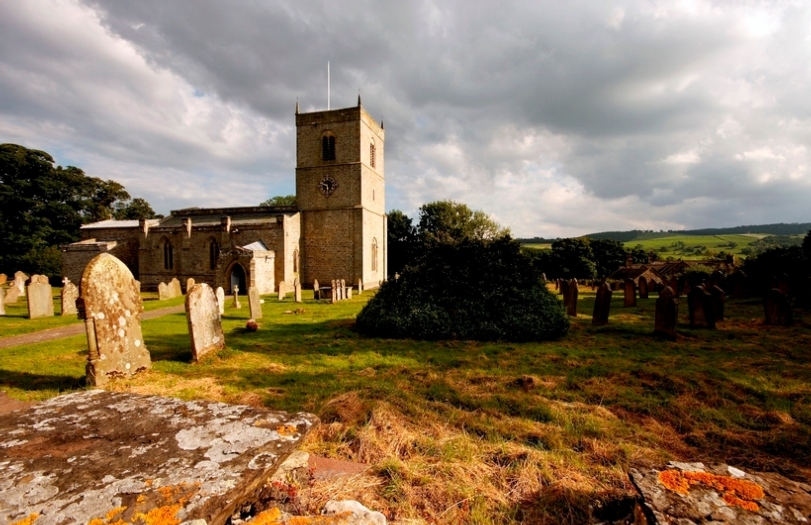A Grade I Organ for a Grade I Church
The organ in Holy Trinity Church Wensley North Yorkshire was awarded a grade I certificate by the British Institute of Organ Studies (BIOS) in September 2012. Made by Isaac Abbott in 1885, the three manual organ in this church remains in original condition.
Since 2002, certificates have been awarded to over 1000 organs in churches, chapels, cathedrals, and private houses in UK. Known by its acronym and based on the categories of English Heritage, HOCS is now recognised by most conservation and grant-aid bodies and is in some cases a prerequisite.
Certificates are awarded in four categories
- Grade I
for an organ of outstanding historic and musical importance in essentially original condition - Grade II*
for organs which are good representatives of the work of their builder, in substantially original condition - Grade II
for organs which, whilst not unaltered, nevertheless contain important historic material. - Certificate of Recognition
identifies the presence of individual elements of important historic material in an organ not otherwise listed.
The wealth and quality of pipe organs in UK is substantial, estimated at between 25,000 and 30,000 remaining, although very few in original condition before 1800.
With church buildings closing, used for other purposes, or even demolished, organs are invariably the last item to be considered or understood, even by experts in ecclesiastical or architectural disciplines. With one of the crucial aims of BIOS, ‘….to work for the preservation and where necessary, the faithful restoration of historic organs in Britain’… the charity uses a voluntary team of highly qualified people to ascertain the historical significance of each organ submitted for the scheme.
Paul Joslin
British Institute of Organ Studies
www.bios.org.uk

